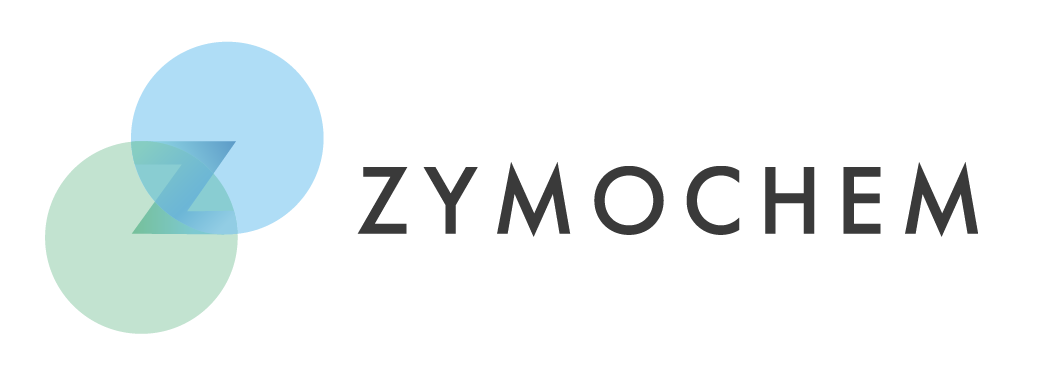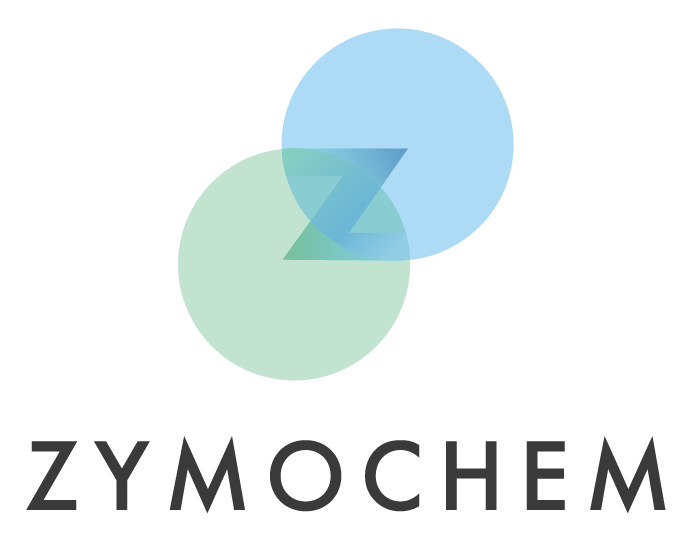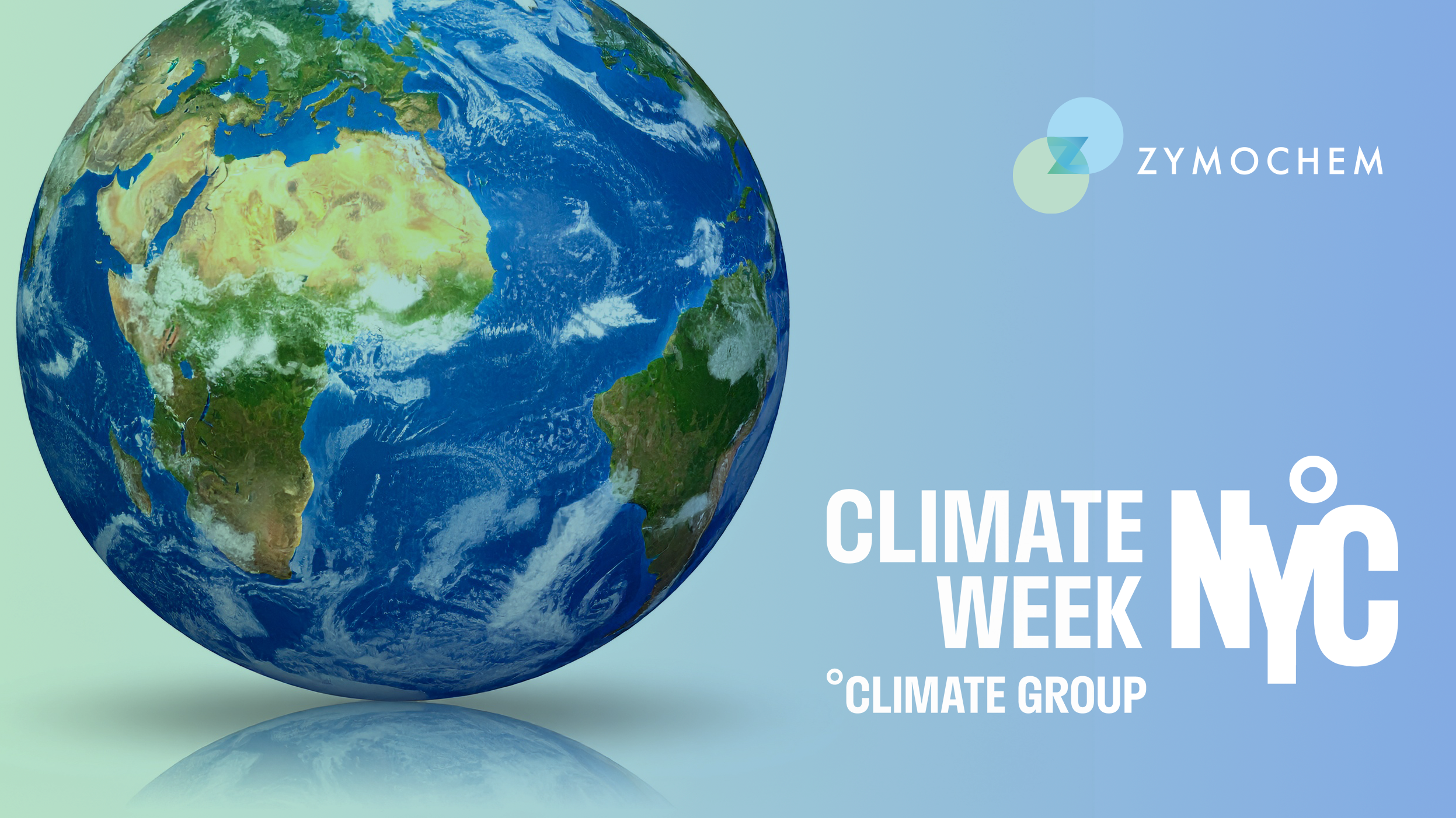High Performance without the Green Premium: ZymoChem Materials that Meet the Moment
As part of Climate Week NYC 2025, ZymoChem demonstrates how it is evolving the manufacturing in the U.S. and answering the call from consumers for sustainable, high-performance materials without a green premium.
Climate Week NYC 2025
ZymoChem’s Develops High-Performance, Bio-based Alternatives to Fossil Fuel-derived Materials
Fossil fuels are woven into the fabric of our everyday lives. We can see and feel their presence clearly in many places — filling up gas in our cars, ordering takeout from a restaurant in plastic containers, or working out in synthetic athletic clothes.
In other instances, fossil fuels exist in less obvious forms. Over-the-counter medicines like Aspirin contain benzene, a hydrocarbon typically derived from petroleum. Cosmetics and personal care products include ingredients such as paraffin wax (petroleum wax), which comes from petroleum, coal, or oil shale.
This same paraffin wax coats raw fruits and vegetables and appears in chewing gums and scented candles. Our food supply is also affected, with microplastics (tiny fragments from petroleum-based plastics) now detected in everything from seafood to bottled water and even table salt.
We now know that fossil fuels are the primary drivers of climate change, accounting for over 75% of global greenhouse gas emissions and nearly 90% of all carbon dioxide emissions. Given these facts, why are brands still using fossil fuel-based ingredients in their products?
The Struggle with Replacing Fossil Fuel-Based Materials
The modern plastics era began in 1907 with Bakelite, the first fully synthetic plastic made from petroleum-derived phenol. Its exceptional properties made it perfect for electrical components and household items. This breakthrough sparked the development of other synthetic plastics, including Polystyrene (1929), PVC (1930s), Nylon (1935), and Polyethylene (1933-1939).
World War II catalyzed plastic production for military applications, and afterward, these materials quickly dominated consumer and industrial markets and infiltrated markets globally, replacing materials humans come in contact with everyday.
Cotton gave way to Polyester, Glass was supplanted by Polypropylene, and Wood/Metal items were increasingly manufactured with Rubber/Plastics. Over seven decades, petroleum-based products have become optimized for reliability, durability, and cost-effectiveness.
Given this long history and the pervasive nature of plastics in virtually every industry, alternative materials have struggle to match the incumbents in four critical areas: scalability, quality, affordability, and performance.
Consider Mondelēz, one of the world's largest snack companies. Despite targeting a 25% reduction in virgin plastic by 2025 and 98% recyclable packaging, by late 2024, they had achieved only a 4.6% reduction, while recyclability progress stalled. They cited complex supply chains, high recycled material costs, and sourcing difficulties as barriers.
Similarly, Unilever's 2018 initiative in Indonesia to recycle single-use plastic sachets never scaled beyond the pilot phase. The project failed to reach commercial viability, not from lack of environmental commitment, but because it couldn't meet performance and economic requirements at scale.
These cases demonstrate how even resource-rich multinational corporations face significant technical and economic hurdles when attempting to transition away from fossil fuel-based materials.
P&G faces similar challenges with petroleum-based materials. When interviewed by the World Wildlife Fund about incorporating bio-based plastic in their diapers, P&G representatives acknowledged:
“The environmental impact of disposal diapers come mostly from raw material supply chains. For our products to perform and support parents and babies every day, synthetic fibers remain the best available solution today.
While we are constantly looking at improving our products, and consider all available material options, including natural fibres, we cannot yet fully replace synthetic materials with natural ones without compromising on safety, quality, performance, and affordability.”
Another quote from the same conversation reads:
“P&G remains committed to creating technologies to substitute petroleum-derived raw materials with renewable materials, as cost and scale permit. ”
The keywords to underscore are: safety, quality, performance, affordability, and scale.
How ZymoChem Addresses the Fossil Fuel Challenge in Consumer Products: Beginning with Disposable Diapers
Disposable diapers are an everyday convenience that make parenting easier, yet that benefit comes at a steep environmental cost.
While less than 3% of households in the U.S. purchase the infant diaper category at any given time, well over 90% of those families rely on single use disposable diapers annually. That results in over 27 billion soiled diapers ending up in landfills in the U.S. alone. The core component behind this environmental challenge is a material known as superabsorbent polymers (SAPs), which give diapers their magic-like ability to hold >300% of their weight in liquid.
The majority of absorbent hygiene products globally rely on a combination of conventional, petroleum-derived SAPs and wood pulp. Once used, these soiled products are nearly impossible to separate, recycle, or treat. In some regions, the products are incinerated, while most are landfilled, where they can take over 500 years to decompose in an anaerobic landfill setting.
ZymoChem is tackling this problem from a fundamentally different angle. ZymoChem developed BAYSE™ Bio-SAP, a bio-based and biodegradable version of SAPs, through a proprietary fermentation process that transforms renewable corn sugar into high-performance, biodegradable materials.
This innovation speeds up the transition to a real-zero economy — where products are decarbonized from the start rather than relying on carbon offsets. It marks the first step in a broader vision to decarbonize consumer products at the molecular level, creating a sustainable future without compromise.
But creating a better material is not just a technical challenge, it is a consumer one, too.
Why ZymoChem’s BAYSE™ Bio-SAP Meets the Moment
Our BAYSE™ Bio-SAP provides the same level of absorbency and leak protection as conventional SAPs, while being biodegradable, bio-based, and free from fossil inputs. BAYSE is designed to help brands offer a product that:
● Performs like conventional products
● Avoids petroleum-based plastics and harmful chemical residues
● Supports full material disclosure and earns consumer trust
● Reduces long-term environmental impact
● And over time, meets pricing parity as scale grows
Often, brands need to charge a "green premium" to deliver these attributes.
ZymoChem has designed its drop-in replacements to avoid this up-charge. This meets consumers where they are—wanting performance, convenience, and sustainability without paying a premium:
““I wouldn’t pay more to have a diaper that doesn’t work well and isn’t super comfortable just because it’s sustainable.”
“You’re really only doing your intended purpose of helping the planet if it’s accessible to a large amount of people.”
In other words, ZymoChem is not asking parents to compromise — instead the company is giving consumers a choice that finally aligns with their values and their day-to-day needs.
ZymoChem’s Vision: Building a Sustainable Materials Future
After introducing BAYSE™ Bio-SAP to the hygiene market, ZymoChem is working to leverage its patented platform to decarbonize numerous additional consumer categories, including personal care, agriculture, and even food packaging.
The company will also develop other high-performance applications through its portfolio of decarbonized materials. This product pipeline is powered by ZymoChem's proprietary C2 Platform, which converts renewable feedstocks into materials with minimal CO₂ emissions during fermentation while achieving up to 50% higher yields than traditional biomanufacturing methods.
ZymoChem is demonstrating that sustainability does not require sacrificing performance, price, or scale — and with the right science, it will not have to.


